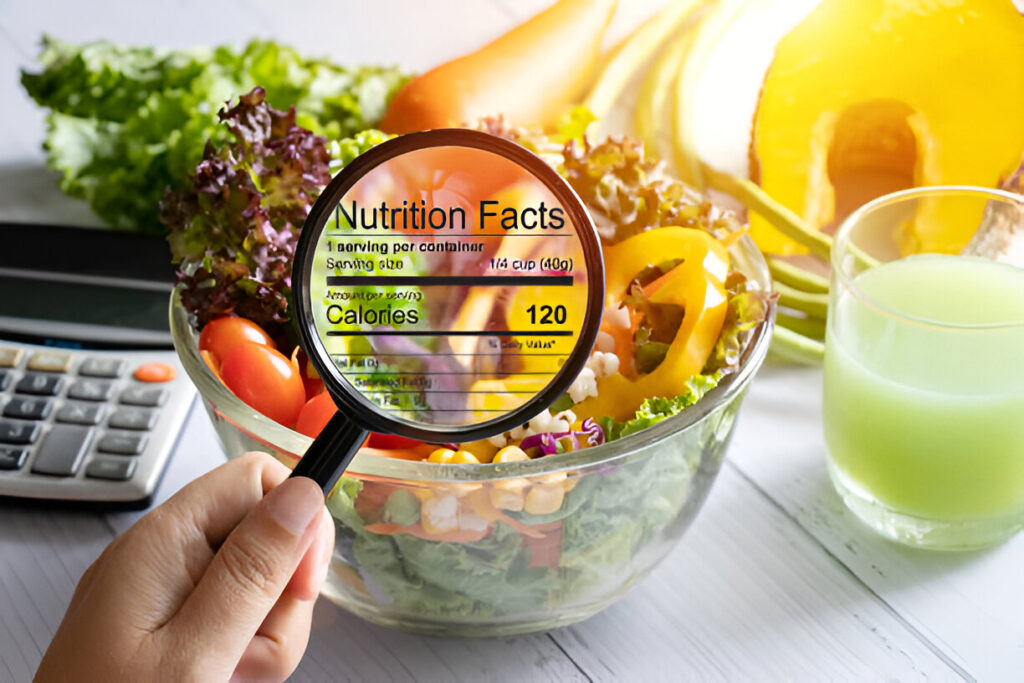Maintaining a balanced diet is crucial for overall health and well-being. A diet rich in essential nutrients helps the body function optimally, supports growth, and prevents chronic diseases. Here are the key guidelines to follow for a balanced diet.
What is a Balanced Diet?
A balanced diet provides all the essential nutrients your body needs in the right proportions. It includes a variety of foods from different groups, such as fruits, vegetables, proteins, carbohydrates, and fats. The goal is to consume the right amounts of vitamins, minerals, and other nutrients for energy and good health.
Importance of Eating a Variety of Foods
Eating a wide range of foods ensures that your body gets a full spectrum of nutrients. No single food can provide all the vitamins and minerals required. Include a mix of fruits, vegetables, grains, proteins, and dairy in your meals.
Include Fruits and Vegetables in Every Meal
Fruits and vegetables are rich in essential vitamins, minerals, and fiber. Aim to include at least five portions of a variety of fruits and vegetables daily. They help reduce the risk of chronic diseases and improve digestive health. You can also add berberine supplement to your routine.
Choose Whole Grains Over Refined Grains
Whole grains like brown rice, oats, and whole wheat bread are more nutritious than refined grains. They are higher in fiber, which aids digestion and helps maintain a healthy weight. Opt for whole grains to improve heart health and lower the risk of diabetes.
Prioritize Lean Proteins
Protein is essential for muscle repair, immune function, and overall health. Choose lean sources of protein such as chicken, turkey, fish, beans, tofu, and legumes. Avoid processed meats that are high in sodium and unhealthy fats.
Don’t Forget Healthy Fats
Fats are an important part of a balanced diet, but not all fats are created equal. Healthy fats, such as those found in avocados, olive oil, nuts, and fatty fish, are good for heart health and brain function. Limit the intake of saturated and trans fats found in fried foods and processed snacks.
Limit Added Sugars and Salt
Excessive sugar and salt intake can lead to weight gain, high blood pressure, and other health issues. Reduce your consumption of sugary drinks, sweets, and processed foods. Instead, flavor your food with herbs and spices, and choose natural sweeteners like honey in moderation.
Stay Hydrated
Water is vital for all bodily functions, from digestion to temperature regulation. Drink at least eight glasses of water a day, and more if you are physically active or live in a hot climate. Avoid sugary drinks and limit caffeinated beverages, as they can contribute to dehydration.
Practice Portion Control
Portion control is essential for maintaining a healthy weight and preventing overeating. Use smaller plates, eat slowly, and listen to your body’s hunger cues. Avoid large portions of calorie-dense foods and opt for smaller, balanced meals throughout the day.
Plan and Prepare Your Meals
Planning and preparing your meals ahead of time can help you stick to a balanced diet. Make a weekly meal plan, including healthy snacks, to avoid impulsive eating. Preparing meals at home allows you to control ingredients and portion sizes. For added convenience, you can also explore ready-to-eat options from gonutre.com, offering healthy, portion-controlled meals delivered directly to your door.
Conclusion
Following these essential guidelines for a balanced diet ensures that your body gets the nutrients it needs to thrive. By eating a variety of nutrient-dense foods, practicing portion control, and limiting unhealthy fats, sugars, and salt, you can maintain good health and prevent chronic diseases.



